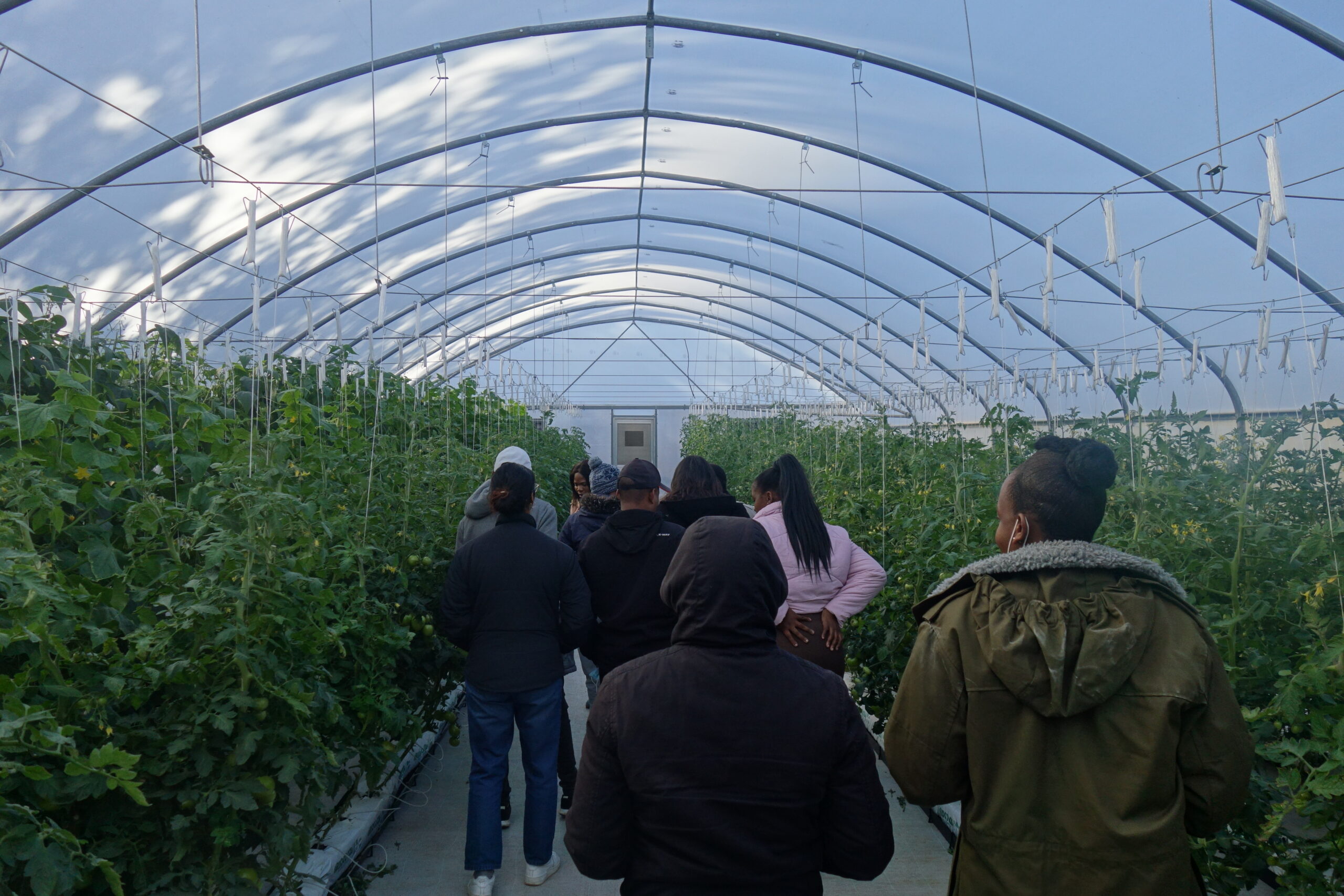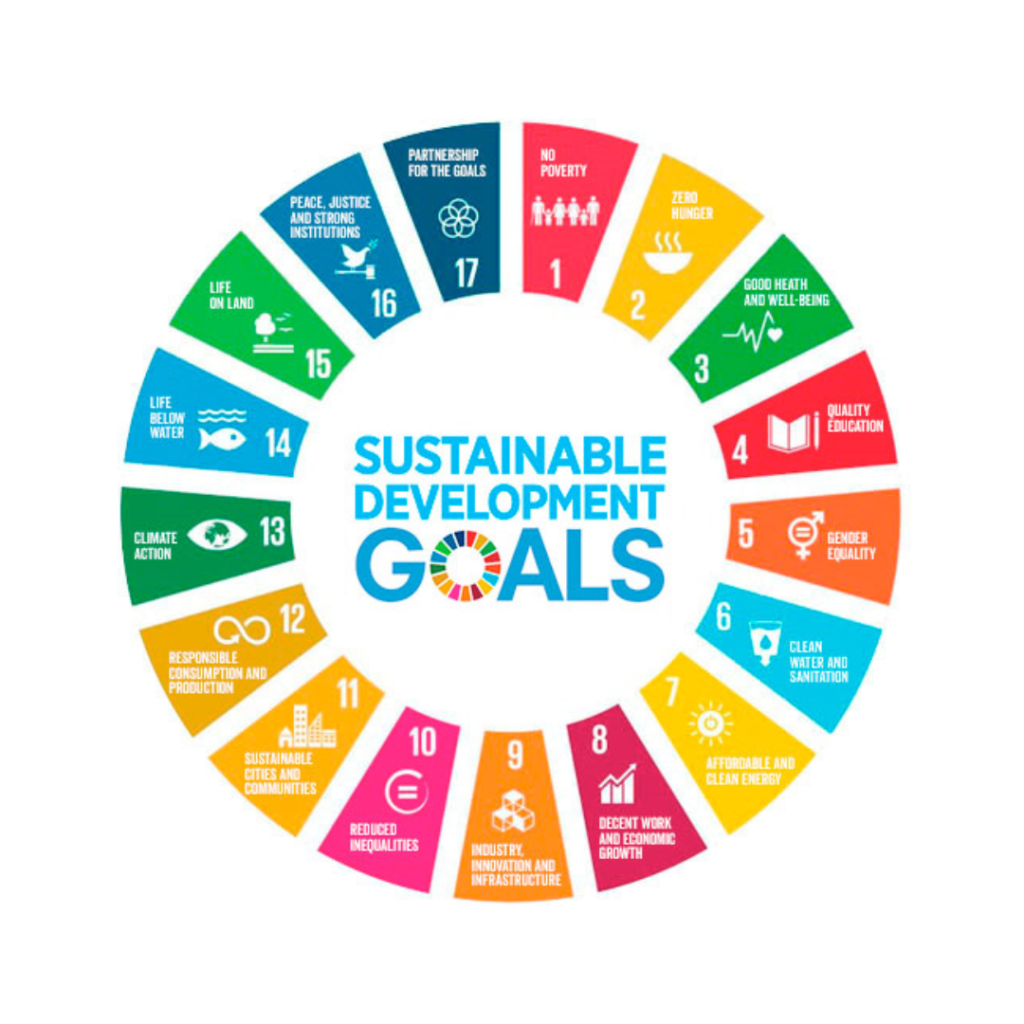Requesting party (and partners):
Elsenburg Agricultural Training Institute
Consortium partners Q-point:
Project number : OKP-TMT+.20/00057

Requesting party (and partners):
Elsenburg Agricultural Training Institute
Consortium partners Q-point:
Boland College
Boland exists as Boland TVET College since January 2000. The college is the result of the merge of Paarl, Stellenbosch, Strand and Soghne Worcester college, all of them former Technical Colleges in South Africa. The total staff number is 185 (management, teachers, administration) and Boland is offering certificate (1.935 students) and diploma programmes (6.149 students). Boland has animal production facilities for pigs, poultry, cattle, goats and sheep that are managed by experienced farm management.
Boland college’s vision: To be the preferred and inclusive provider of post school education and training in the wider Boland and Breede Gouritz region. It is the mission of Boland College to provide quality training in response to education and skills development needs. Boland College’s main purpose is to prepare students for the workplace or self-employment in addition to reach out to the small holder and emerging farmer community within the greater region.
Elsenburg College
The agricultural College Elsenburg was established in 1898, as the first of its kind in South Africa. In 1926 Elsenburg College of Agriculture and the University of Stellenbosch merged and a two-year diploma course was offered at Elsenburg, with the primary aim of training prospective future farmers.
The mission of Elsenburg is to promote sound, integrated managerial and skills training in agriculture with advanced specialisation in area specific fields of excellence informed by industry and societal needs. Elsenburg forms part of the Department of Agriculture Western Cape. Research and Rural Development (community) are two programmes within the Department. The total number of staff in in Elsenburg is 93. Elsenburg has greenhouse facilities that are used for practical training of their students.
Apart from rapid enomonical growth and development, South Africa has been struggling with different challenges in agricultural development. For this project, according to the country focus points, two were chosen to work on: to contribute to end hunger (SDG 2) and to end poverty in all forms (SDG 1). This in order to contribute to the following long-term impacts:
Promotion of agricultural growth: South Africa’s target for agricultural growth is set at 6% per year. Improved skills and labour productivity are crucial in achieving this goal. The main area for this is Western Cape. This is the leading agricultural exporter and is a major economy in the province. The sector employs around 180‚000 workers‚ with agro-processing adding another 126‚000 jobs to the economy (15% of the provincial labour force). The project supports skills-based training of this work force, resulting in inclusive agricultural growth.
Creating ecologically sustainable food systems: Climate change-related variability and reduced rainfall patterns requires a drastic reduction in overall water use in agriculture (up to 40%). For this, an increase in efficiency of water use through improved technologies and knowledge systems is needed. This will be the main ecological focus of the project: a better educated labour force at A-TVET level, using best practices from the Western Cape, to contribute to a nationwide sustainable production.
Reducing malnutrition: Improved agriculture production and productivity, as a result of skilled A-TVET graduates, improves access to and affordability of food. Increased employment opportunities for skilled members of disadvantaged groups will provide a significant secondary contribution to improve food security and reduce malnutrition.

As part of our previous project (OKP-SAF-10023), a labour market needs assessment and curriculum reviews on horticulture related accredited programmes were executed to identify needs and shortcomings. As a result, this project also includes online learning capacity building efforts, based on the delivery of a first online course by Elsenburg and Boland in January 2021.
In the field of horticulture and agriculture production, the following needs were identified:
For this TMT+ training project, MSM, Q-Point, Stellenbosch University, Boland and Elsenburg College collaborate in five key areas according to the triple helix approach (collaboration of public, private and educational sector):
Project coordination and provision of training and expertise for gender sentitive, educational programme development to be taught at college level. This includes hands-on skills and training for emerging and small-holder farmers and benefits both Boland and Elsenburg as well as the farming sector in producing marketable and skilful students, which is crucial to contribute to the farming sector.
The focus is on agro-processing where training will also directly involve emerging and smallholder farmers. The training addresses the lack of skills of emerging commercial and small-scale farmers.

Funded by the Dutch Ministry of Foreign Affairs and managed by Nuffic, as part of the Orange Knowledge Programme, project number OKP-TMT+.20/00057, OKP-ZAF-20031.
October 2020 – December 2022
